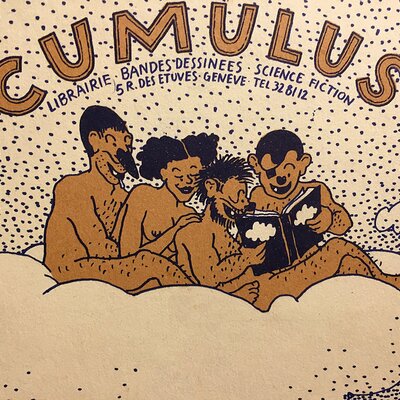尼采與傅柯的幾點相似

相比於德里達,傅柯明顯更是一位尼采主義者,除了在採訪中傅柯親口承認的證據外,還有如下文本證據。
傅柯將尼采的新哲學與舊哲學區分,用於论述基督教之下的性與基督教之後的性。前者傅柯命名為“薩德空間”,後者傅柯命名為“巴代伊”空間。
傅柯對辯證法與人類學批判繼承了尼采的觀點,譬如在論述越界之時,傅柯就明確指出:越界不是否定,不是對立, 而是:
“C’est pourquoi la transgression peut bien entreprendre de franchir l’interdit en essayant d’attirer la loi jusqu’à soi; en fait, elle se laisse toujours attirer par le retrait essentiel de la loi; elle s’avance obstinément dans l’ouverture d’une invisibilité dont jamais elle ne triomphe; follement, elle entreprend de faire apparaître la loi pour pouvoir la vénérer et l’éblouir de son lumineux visage; elle ne fait rien de plus que de la renforcer en sa faiblesse – en cette légèreté de nuit qui est son invincible, son impalpable substance. ”
Nietzsche: “And we are fundamentally inclined to claim that the falset judgements (which include synthetic judgments a prioi) are the most indispensable to us, and that without accepting the fiction of logic, without measuring reality against the wholly invented world of the unconditioned and self-identical, without a constant falsification of the world through numbers, people could not live – that a renunciation of false judgements would be a renunciation of life, a negation of life. ”
早期傅柯的方法論基本繼承了尼采。如果有留意詞與物中的時常出現的整段問句,就會在閱讀本書的過程中感到異常親切 (反之亦然)。
去中心化,神學化的人之死。這里便是德里達與傅柯的分歧。
德里達強調知識型之中心內部會孕育解構它的可能性:
…this and some other indices (i.e., Saussurean texts) already give us the assured means of broaching the de-construction of the greatest totality--the concept of the épistémè and logocentric metaphysics –– within which are produced, without ever posing the radical question of writing.
早期傅柯則是強調在揭示康德所創造的排斥上,在界限(而非中心)中發起一種永不停止運動。
凭我有限的閲讀來看,我感覺尼采之於康德,正如傅柯之於尼采。康德親手以其人類學關閉了曾經敞開,尼采又再次打開了它;傅柯做的,似乎也是這一工作。